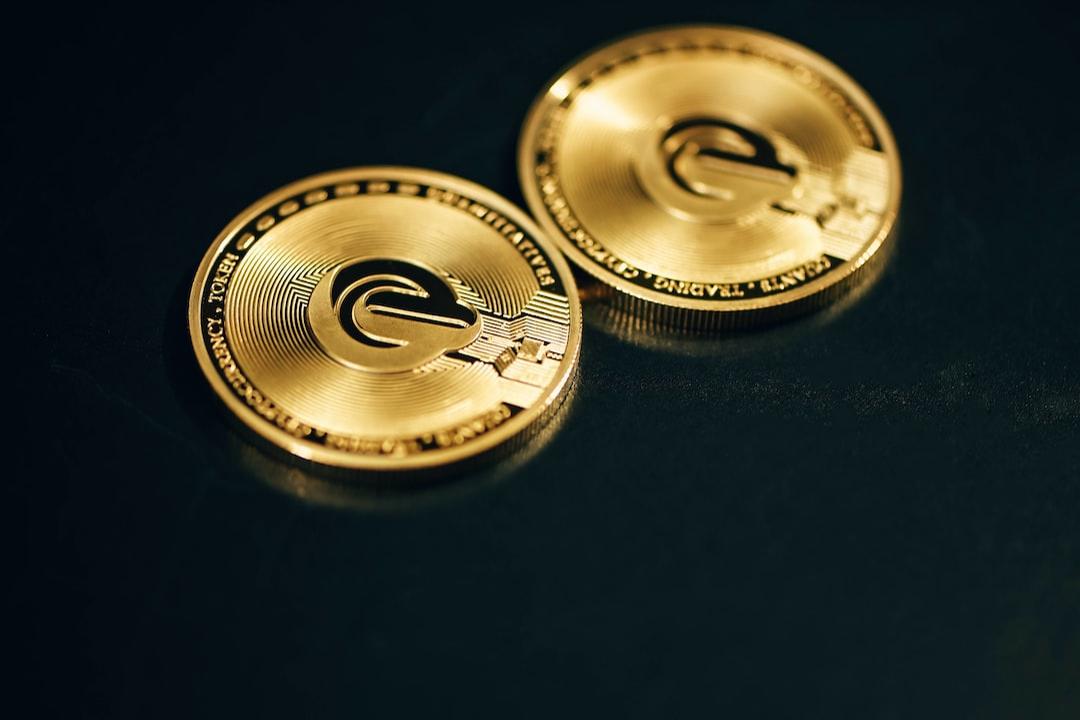The CEO of Gala Games has admitted that a recent security breach in their smart contract was due to internal control issues. This breach allowed a hacker to steal and sell $23 million worth of GALA tokens. On May 20, at 7:32 pm UTC, it was reported that 5 billion GALA tokens, valued at around $200 million at the time, were minted and subsequently sold in batches by an unknown entity. This incident caused GALA’s price to drop by 20% within 24 hours, reaching a low of $0.038 before slightly recovering to $0.041, as reported by CoinGecko.
In a post on May 20, Gala Games’ co-founder and CEO, Eric Schiermeyer, acknowledged the breach, stating, “We had an incident that resulted in the unauthorized sale of 600 million GALA tokens and the effective burn of 4.4 billion tokens. We messed up our internal controls. This shouldn’t have happened, and we are taking steps to ensure it doesn’t happen again.” Schiermeyer also assured that Gala’s Ethereum contract remained secure and unaffected by the breach.
Furthermore, Gala Games believes that they have identified the individual responsible for the breach and is collaborating with the Federal Bureau of Investigation, the United States Justice Department, and international authorities to address the situation. They have frozen the impacted wallet and contained the security incident involving the GALA token, according to a post by Gala Games.
The exact details of how the breach occurred and the identity of the responsible party have not been disclosed by Gala Games or Schiermeyer. Despite a request for comment, Gala Games did not provide any further information.
It is worth noting that Gala Games has been involved in legal disputes before. In August, Schiermeyer and co-founder Wright Thurston filed lawsuits against each other regarding Gala Games. Thurston accused Schiermeyer of causing the company to lose millions of dollars in assets, while Schiermeyer claimed that Thurston stole $130 million worth of GALA tokens.
Overall, Gala Games’ recent security incident has highlighted the importance of robust internal controls and the need for heightened security measures to prevent such breaches in the future.

